Root Canals in Avalon Park, Orlando
If you have a serious toothache in Orlando, you may require a root canal from Dr. Mark Ashy at Elite Dentistry to restore your tooth. A toothache that causes you a lot of pain and lasts more than 1-2 usually indicates a tooth infection. This is a serious oral health issue that can result in permanent tooth loss if you don’t get treatment in time. Learn more about root canals in Orlando below, or contact Elite Dentistry now to schedule an appointment.

WHAT IS A ROOT CANAL?
Root canal therapy, often simply called a “root canal” for short, is an endodontic procedure used to clean, sanitize, and restore an infected tooth. Teeth typically become infected in two common ways.
First, a large, untreated cavity may eat away at the enamel and dentin that protect the “pulp” that contains the blood vessels and nerves that keep your teeth alive. Or, a traumatic dental injury can crack and damage the outer layers of your tooth, exposing the pulp.
Either way, if the pulp becomes exposed to oral bacteria, it can become infected. When this happens, the pulp will begin to decay and die. Over time, this will eventually result in the loss of your tooth if you do not seek proper treatment.
This is why a root canal is recommended for infected teeth. A root canal can be used to clean out the inside of the tooth, eliminate the infection, and restore your tooth. In the root canal procedure, Dr. Mark Ashy will clean and numb your mouth, trim the tooth to remove damaged material, and create a small opening in the surface of the tooth.
Through this opening, the infected pulp and tooth material will be removed. Then, the tooth will be flushed with disinfectant, and filled with an inert rubber-like material. Finally, Dr. Ashy will apply a filling or a dental crown to protect the tooth from further damage.
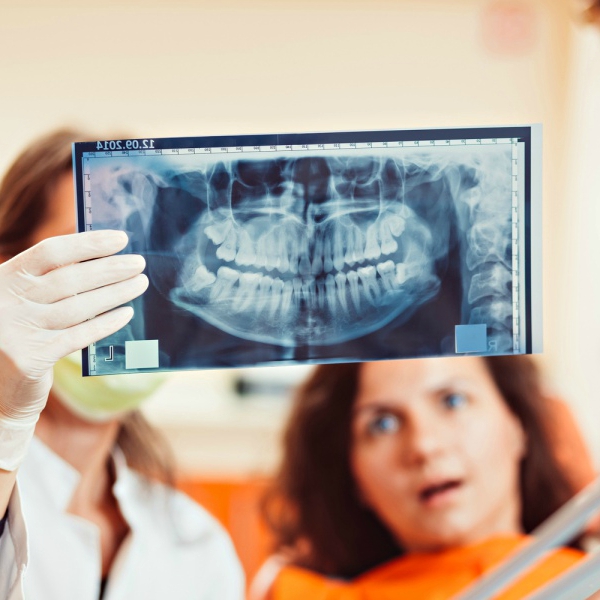
SIGNS THAT YOU NEED A ROOT CANAL?
Wondering if you may need a root canal? There are a few different signs that you may have an infected tooth. The most common sign is a very painful, prolonged toothache that won’t go away. If you have a toothache that is very painful and lasts for more than 1-2 days, you should definitely see Dr. Mark Ashy for an appointment.
Other common signs of an infected tooth include tooth sensitivity to hot and cold foods, and to the pressure of chewing and biting. You may also notice redness or inflammation in the gum tissue near your tooth. In rare cases, facial swelling or a fever can develop due to an infected tooth.
If you recognize any of these symptoms, you should schedule an emergency appointment at Elite Dentistry right away to get the help you need.
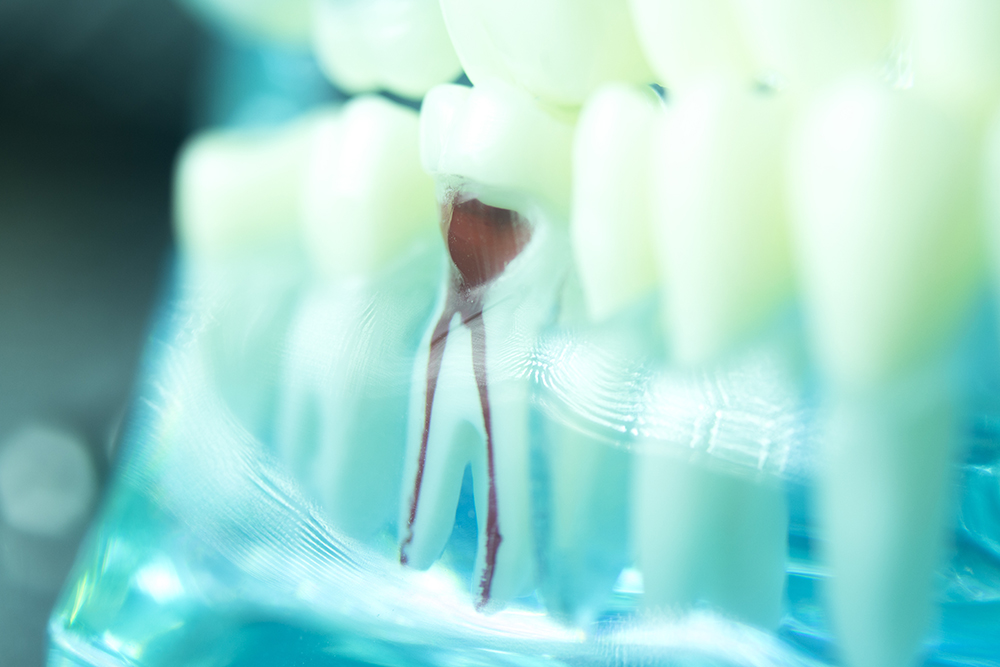

WHY DO I NEED A ROOT CANAL?
Root canal therapy is necessary when an infection develops in the pulp inside the tooth. A deep tooth decay, a cracked tooth, or an injury to your mouth could lead to gum infections like Pulpits. This can result in a painful abscess if left untreated for a certain amount of time.
Luckily, there are fairly obvious symptoms that indicate the need for tooth canal treatment.
Here are some symptoms to watch out for if you have an abscessed tooth:
- Extreme, pulsating tooth pain
- Enhanced sensitivity to heat and cold
- Tenderness to the slightest touch
- Discoloration of the infected tooth
- Swelling in your lymph nodes
- Pimple-like presence on your gums
Of course, you may not experience each of these symptoms, but it’s worth visiting a dentist in Orlando, FL if you start feeling a toothache that won’t go away. This is the only way to prevent permanent damage and save the tooth.
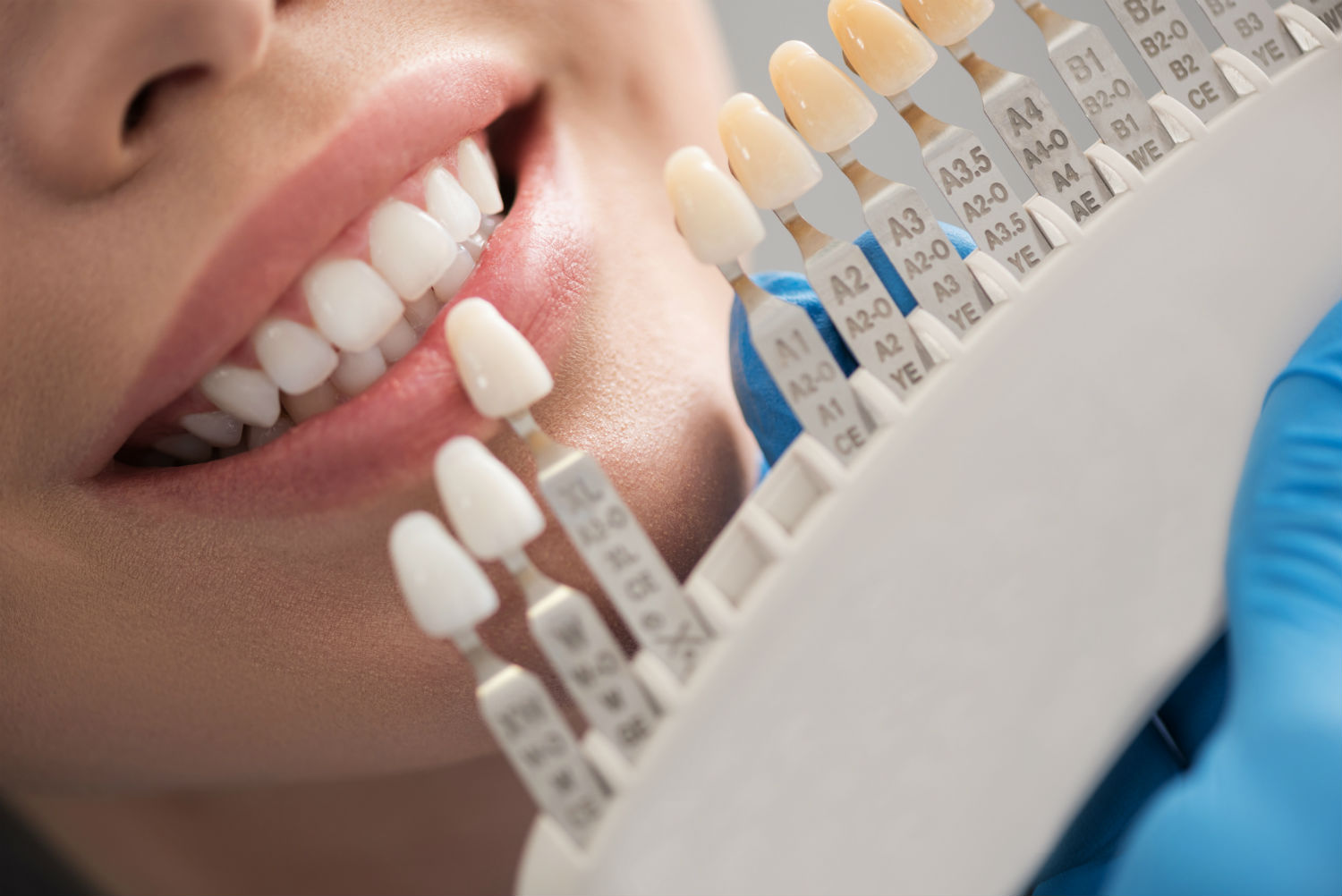
DO ROOT CANALS HURT?
Many people suffer from dental anxiety which means they fear nearly every procedure. If you hear that getting a root canal is painful, don’t worry, it’s nothing more than a myth. Experiences of severe pain after a root canal operation are pretty uncommon. While you might feel some discomfort in the hours following a root canal, everything will go back to normal soon.
As your swelling goes down and the tooth starts healing, your gums might feel tender for days afterward. People who have had a root canal also report feeling discomfort in the lower jaw. But this is pretty normal since they had their mouth opened for a prolonged period of time.
Taking good care of your mouth after a root canal can help reduce the amount of pain you experience. Following a root canal treatment, proper care includes good oral hygiene and visiting your dentist to make sure you’re healing properly. Another important thing to note is that you should avoid chewing hard food for about a week.
A good idea would be to avoid eating or drinking until the anesthetic has worn off. If you eat food while your mouth still feels numb, you may bite yourself accidentally. This can lead to several complications. Rinsing is also more recommended than brushing while you’re healing. When your dentist tells you that it’s safe to brush your teeth again, use a soft toothbrush.
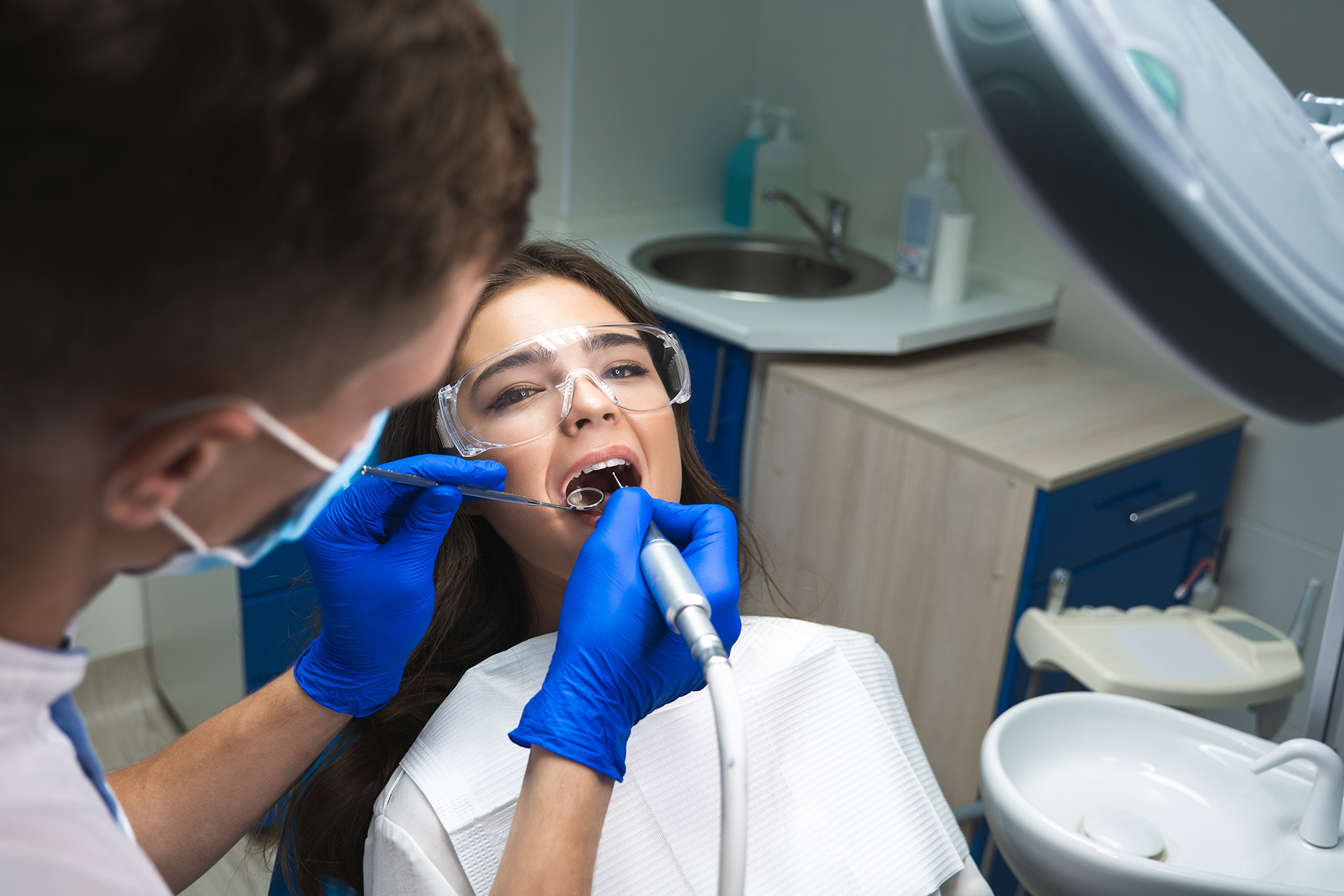
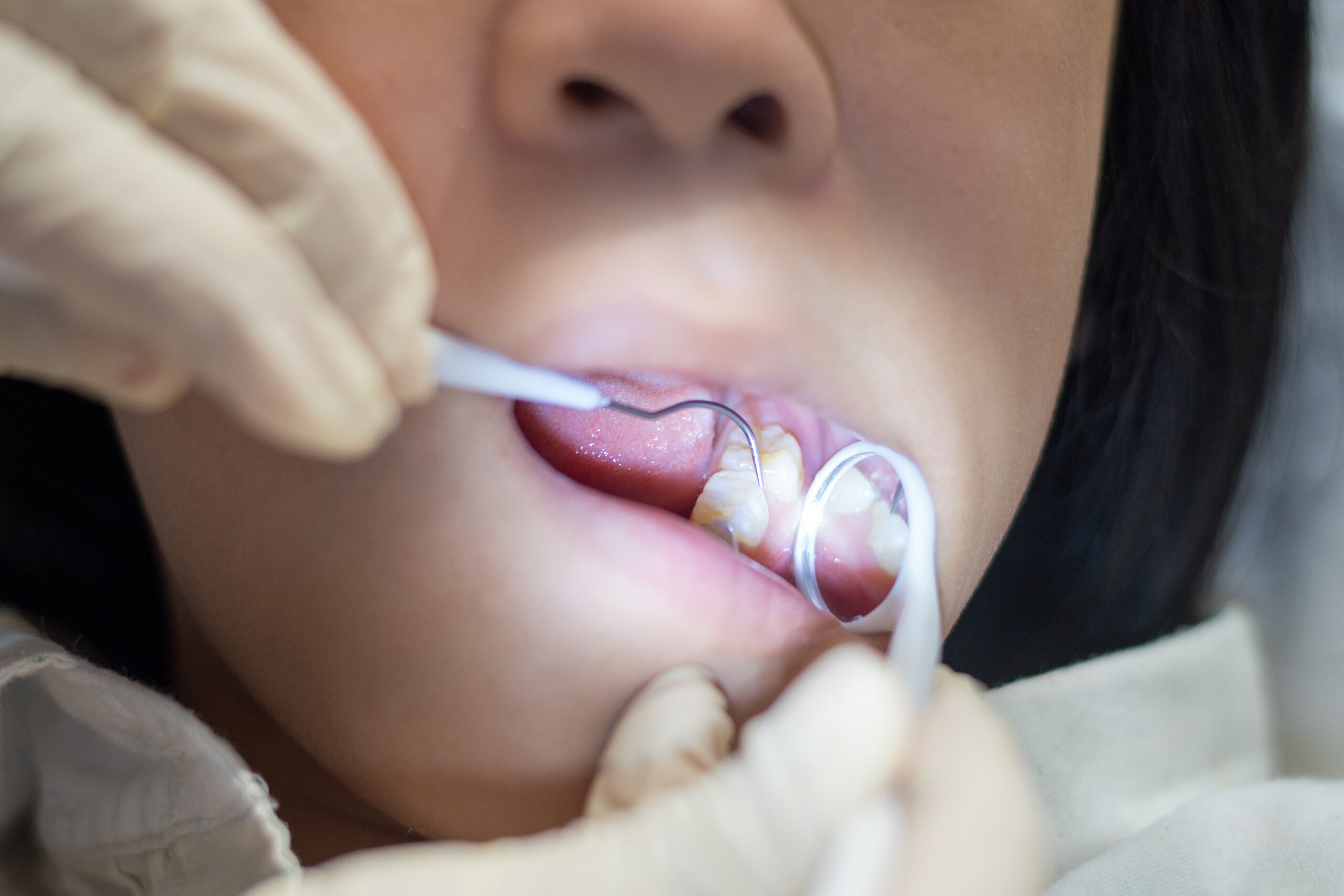
WHAT HAPPENS IF I DON’T GET A ROOT CANAL?
Fear prevents some people from getting a root canal. But you can’t let this happen for a number of reasons. Understand that the infected pulp in your tooth won’t heal on its own. To get better, you’re going to need a root canal. Tooth pain, whether it’s only temporary or prolonged, often happens because of the dying nerves inside the tooth.
That means, even if your tooth stops aching after a while, the infection will remain. There’s only one alternative to a root canal procedure: tooth extraction. If you fail to undergo treatment, the bacterial infection can spread to your jaw, brain, and other parts of your body. That could lead to dire consequences.
AFTERCARE RECOMMENDATIONS FOR ROOT CANALS
The root canal procedure is minimally-invasive, and you don’t need to take any special precautions to care for your tooth after treatment.
You may experience some pain and tenderness, but this typically goes away within 3 days. However, if you experience pain for more than a week, this is not normal. You should schedule a follow-up with Dr. Ashy for further diagnosis and care.
Testimonials
Elite Dentistry

![]() "Great service and extremely professional. Highly recommend!"
"Great service and extremely professional. Highly recommend!"

![]() "The staff was very professional and they did a very good job cleaning my teeth. I have been going here for 2 years, and am extremely happy with the quality of their work."
"The staff was very professional and they did a very good job cleaning my teeth. I have been going here for 2 years, and am extremely happy with the quality of their work."

![]() "Highly recommend this office. We always have a great experience with Dr Ashy’s team. I really appreciate his commitment to his patients, he has always been very reliable. "
"Highly recommend this office. We always have a great experience with Dr Ashy’s team. I really appreciate his commitment to his patients, he has always been very reliable. "

![]() "My whole family goes here, and we love the staff and the office hours are great!"
"My whole family goes here, and we love the staff and the office hours are great!"

![]() "Wonderful appointment! I appreciate the quick service and I felt that it was a personalized experience. I will continue going to this practice!"
"Wonderful appointment! I appreciate the quick service and I felt that it was a personalized experience. I will continue going to this practice!"

![]() "Marvelous, simply marvelous. Great staff and Dr. Ashy really does a wonderful job."
"Marvelous, simply marvelous. Great staff and Dr. Ashy really does a wonderful job."

![]() "Super Professional and very caring.. Would recommend to everyone!!!!"
"Super Professional and very caring.. Would recommend to everyone!!!!"


